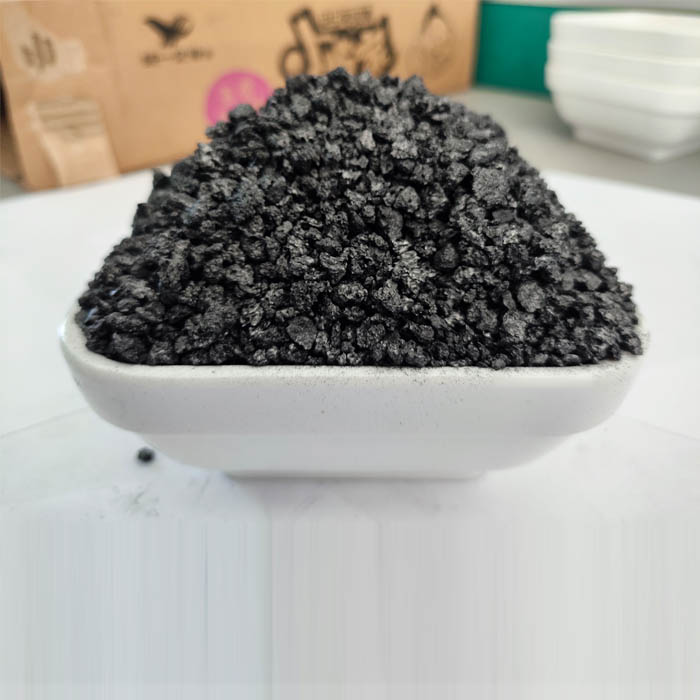Dec . 11, 2024 01:07 Back to list
Exploring the Best Materials for Building Block Walls in Modern Construction
Understanding Block Wall Materials A Comprehensive Overview
Block wall materials are essential components in the construction industry, widely utilized for their durability, strength, and versatility. These materials serve various structural and aesthetic purposes, making them a popular choice among builders and architects alike. This article delves into the different types of block wall materials, their characteristics, and their applications in modern construction.
Types of Block Wall Materials
1. Concrete Masonry Units (CMUs) Also known as concrete blocks or cinder blocks, CMUs are one of the most common block wall materials. Made from a mixture of cement, water, and aggregates, they typically measure 8 inches by 16 inches. CMUs are versatile and can be used for both load-bearing and non-load-bearing walls. Their fire-resistant properties and excellent insulation capabilities make them a preferred choice for residential and commercial construction.
2. AAC Blocks (Autoclaved Aerated Concrete) AAC blocks are lightweight, porous blocks made from cement, lime, water, and a foaming agent. They undergo an autoclaving process, which gives them unique thermal insulation properties. AAC blocks are not only energy-efficient but also environmentally friendly due to their lower carbon footprint during production. They are increasingly popular for building energy-efficient homes and structures.
3. Hollow Blocks As the name suggests, hollow blocks are characterized by their hollow cavities, which can significantly reduce the overall weight of the wall. These blocks often come in various shapes and sizes, making them adaptable to different construction needs. Hollow blocks provide excellent sound insulation and are easy to handle, making them suitable for both residential and commercial applications.
4. Stone Blocks Natural stone blocks, such as granite, limestone, or sandstone, are renowned for their aesthetic appeal and robustness. While more expensive than concrete alternatives, stone blocks offer unparalleled beauty, making them an attractive choice for facades, retaining walls, and decorative features. They require skilled labor for installation but provide a unique character and long-term durability.
5. Brick Blocks Brick blocks are made from fired clay and are known for their classic appearance and strength. They are commonly used in load-bearing walls, providing excellent thermal mass and fire resistance. Bricks can be used in a variety of patterns and finishes, allowing architects a high degree of creative freedom in design.
Advantages of Block Wall Materials
block wall materials

Block wall materials offer numerous benefits that make them favorable in construction projects
- Durability Most block wall materials are highly durable and can withstand adverse weather conditions, pests, and time, ensuring long-lasting structures.
- Energy Efficiency Many block materials, particularly AAC blocks and insulated CMUs, provide excellent thermal insulation, contributing to energy-efficient buildings and reducing heating and cooling costs.
- Fire Resistance Concrete and stone blocks exhibit remarkable fire resistance, providing safety and peace of mind in residential and commercial buildings.
- Ease of Construction Block materials are generally easy to handle and can be installed efficiently, reducing labor costs and construction time.
- Versatility With various shapes and sizes available, block wall materials can be used for walls, foundations, decorative elements, and more, making them suitable for diverse construction applications.
Conclusion
Block wall materials are a cornerstone of modern construction, offering a blend of strength, durability, and aesthetic appeal. By understanding the various types and their unique properties, builders and architects can make informed choices that meet the needs of their specific projects. With ongoing advancements in material science, the future of block wall construction looks promising, paving the way for safer, more energy-efficient, and visually striking buildings.
-
High-Purity Graphitized Petroleum Coke & Low Nitrogen Recarburiser
NewsAug.21,2025
-
High-Performance Fe-C Composite Pellets for BOF
NewsAug.19,2025
-
Tundish Dry Vibrator: Enhance Refractory Life & Casting Efficiency
NewsAug.18,2025
-
Building Material for Round Wall Exporters: Quality & Durable
NewsAug.17,2025
-
Low Nitrogen Graphitized Petroleum Coke | High Purity Recarburiser
NewsAug.16,2025
-
Premium First Bauxite Exporters & Suppliers Worldwide
NewsAug.15,2025
